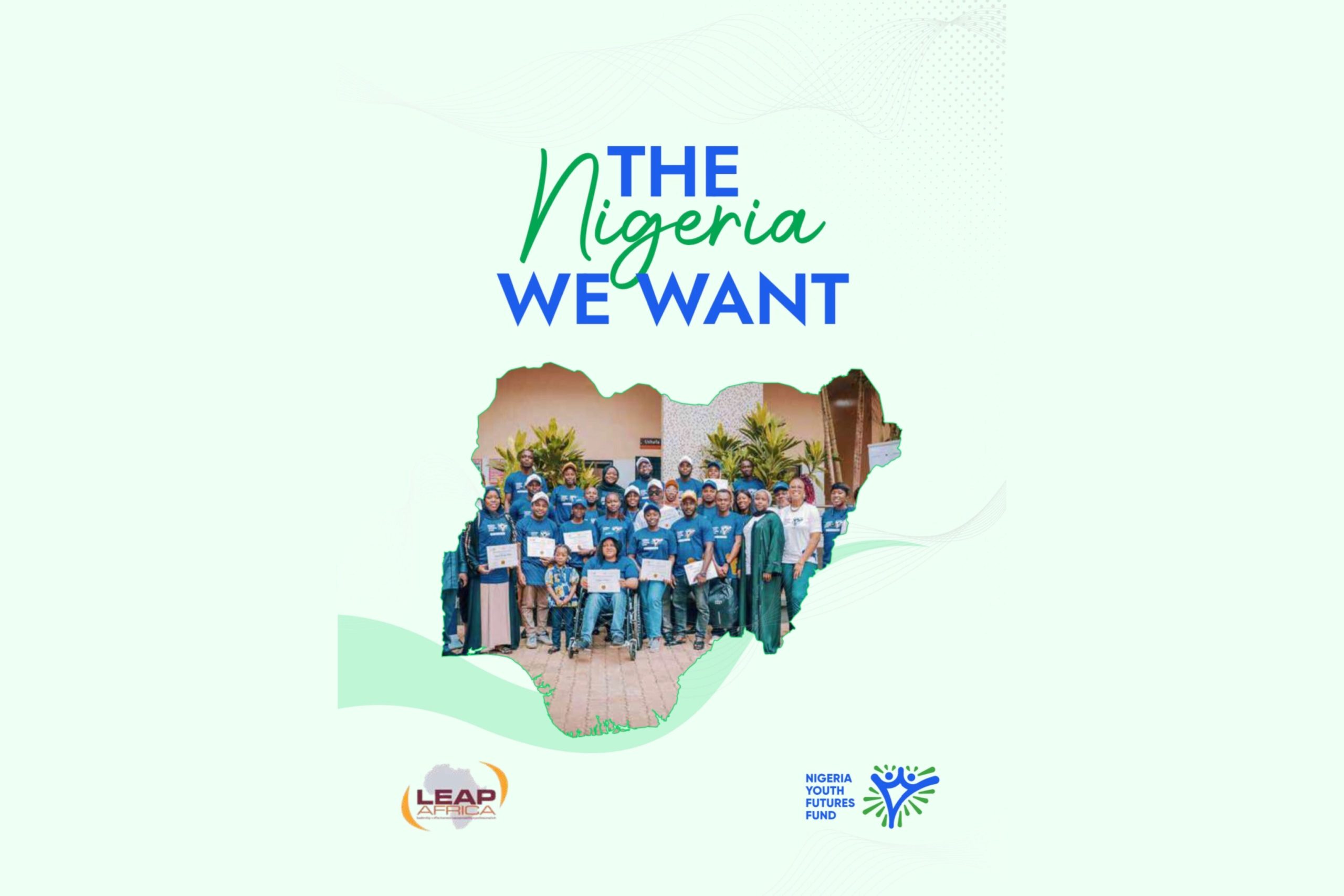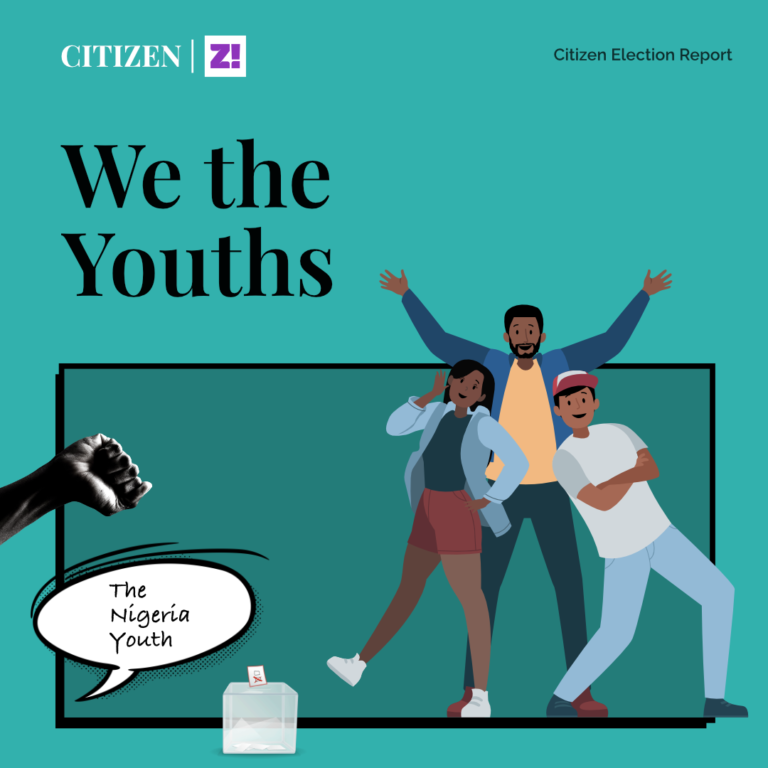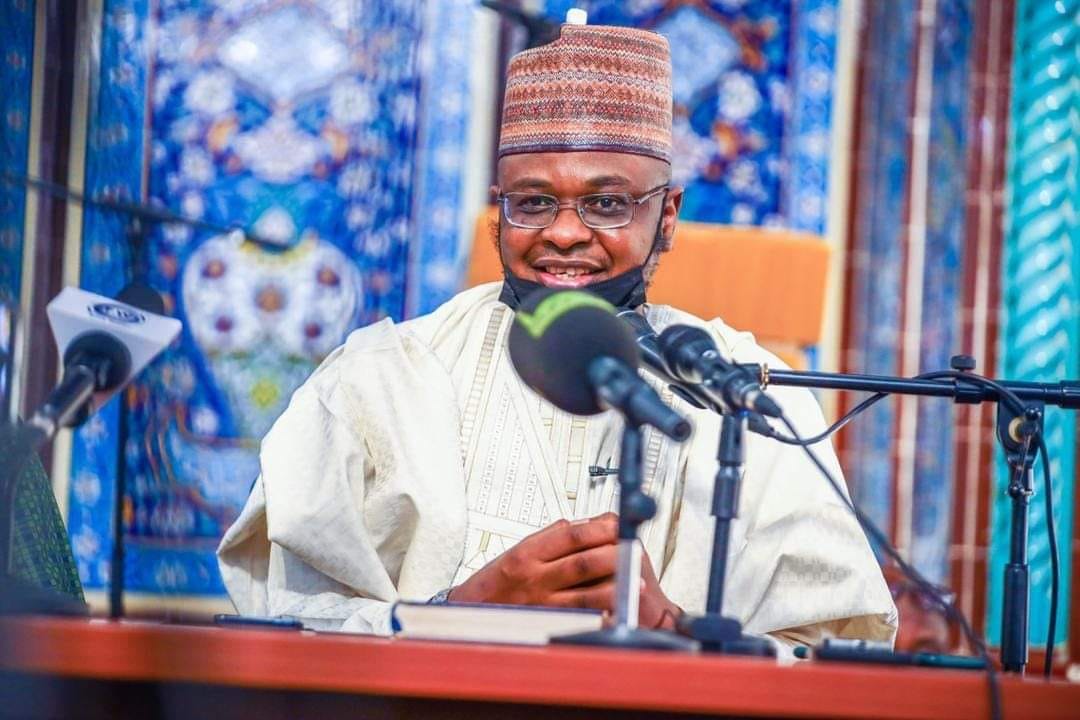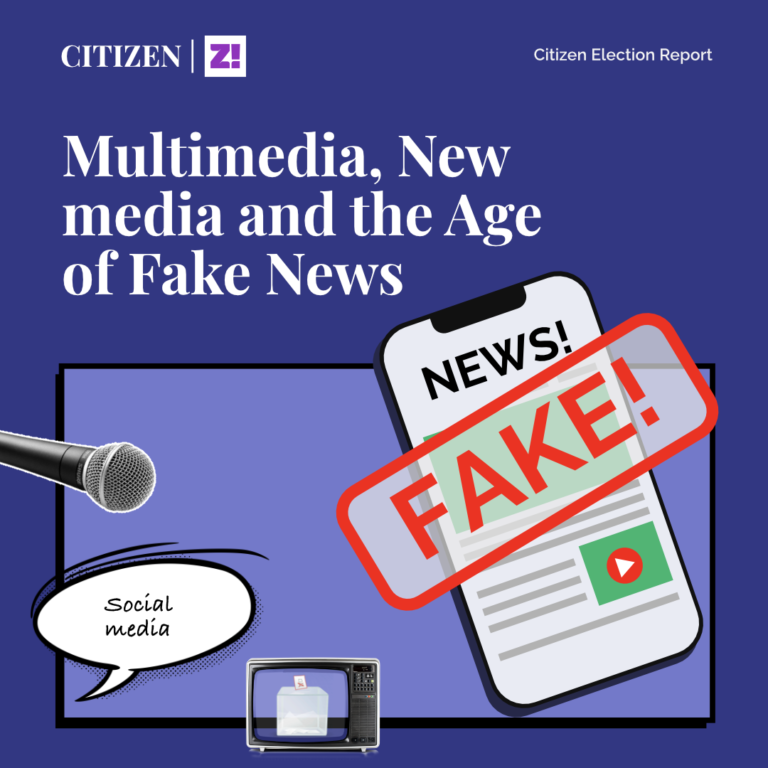Why waste time revealing the answer to a question when a greater curiosity is waiting to be explored? A few of the many questions that often arise, especially among young people trying to understand Nigeria’s politics, are: What is Nigeria’s Fourth Republic? Who is Mr Fourth Republic?
With the release of the Citizen Election Report, the query delves into the heart of the country’s democratic journey. Before you move on, are you ready to learn about the identity of the influential figure(s) who played a pivotal role in shaping Nigeria’s political scene during the Fourth Republic?
“Mr Fourth Republic” refers to former President Olusegun Obasanjo. Nigeria’s fourth democratic republic began in 1999, and Obasanjo served as President of Nigeria from 1999 to 2007 and was the first civilian president after several years of military rule.
During his tenure, Obasanjo implemented various reforms to promote democracy, promote economic development, and tackle corruption. He oversaw the establishment of institutions like the Economic and Financial Crimes Commission (EFCC), aimed at combating corruption, and the Independent National Electoral Commission (INEC), meant to ensure free and fair elections.
Obasanjo’s presidency marked a pivotal period in Nigeria’s democratic journey, and his influence extended beyond his time in office. His role in leading Nigeria during the Fourth Republic earned him the moniker “Mr Fourth Republic” due to his enduring impact on the country’s political landscape and his contributions to shaping Nigeria’s democracy.
Nigeria’s troubled history
Ethnic tensions, corruption, military rule, and economic downturns are just a few of the difficulties plaguing Nigeria throughout its troubled history. Amidst this backdrop, Nigeria’s elections’ significance cannot be overstated. The country has witnessed numerous troubled elections, each leaving its mark on the nation’s political fabric.
Since gaining independence in 1960, Nigeria has transitioned through four republics. The Fourth Republic began in 1999 and is an ongoing democratic era where citizens elect their leaders. However, it is important to note that the Third Republic, which ran from 1992 to 1993, was short-lived due to political crises surrounding the annulment of Chief MKO Abiola’s presidential election victory.
Following the turbulent period under military rule, the Fourth Republic emerged, bringing forth a new wave of political parties and figures. The People’s Democratic Party (PDP), founded by prominent individuals who stood against the Abacha regime, won the 1999 presidential election with Olusegun Obasanjo as its candidate. The Alliance for Democracy (AD) also emerged as a formidable opposition party during this time.
As the Fourth Republic unfolded, Nigeria experienced several elections, shaping the political landscape and the nation’s perception of its leaders. The presence of ex-military men like Muhammadu Buhari (2015–2023) in politics raised questions about the true nature of civilian governance. However, with each election cycle, the number of ex-military contestants decreased, hinting at a potential shift in the future political landscape of Nigeria.
Join us as we explore Nigeria’s democratic journey, learn more about the mysteries of Nigeria’s “Mr Fourth Republic,” and delve into the pages of the Citizen election report, your go-to guide that provides cool insights into Nigeria’s political history and the intricacies of its democratic process.
Download the Citizen Election Report: Navigating Nigeria’s Political Journey




